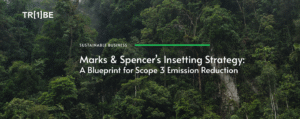
Voluntary Carbon Market in 2026: From Uncertainty to Maturity
2026 is set to be a defining year for the voluntary carbon
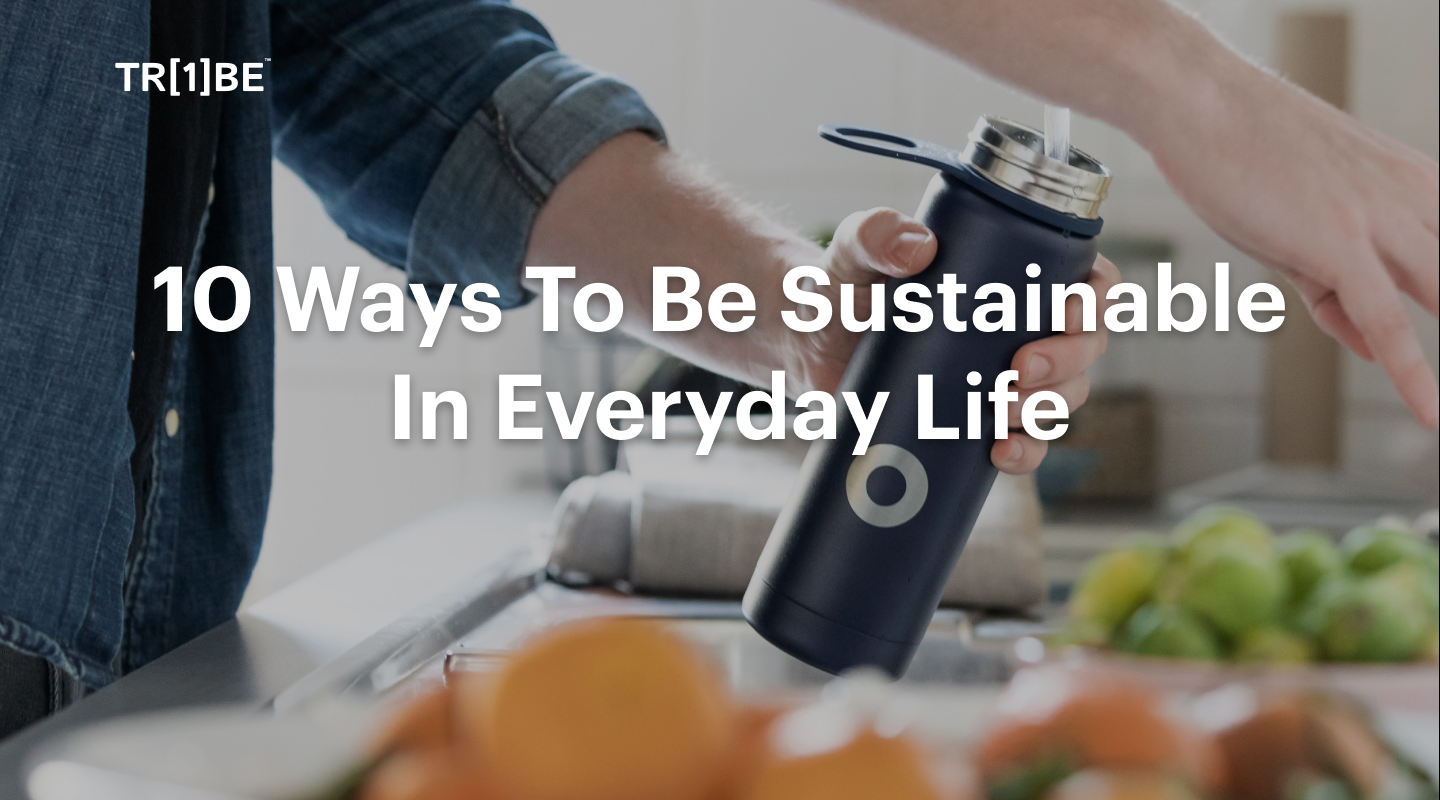
Even the smallest changes to your lifestyle can have a great impact on the planet. These 10 simple lifestyle changes will have you living a more sustainable life in no time.
The best ways to be sustainable aren’t necessarily the methods that involve spending money, making big commitments, or engaging in controversial activism. Instead, knowing a few small sustainable hacks on how to lead an everyday sustainable lifestyle can make the biggest differences to your carbon footprint. So here we have it – 10 ways to be sustainable in everyday life!
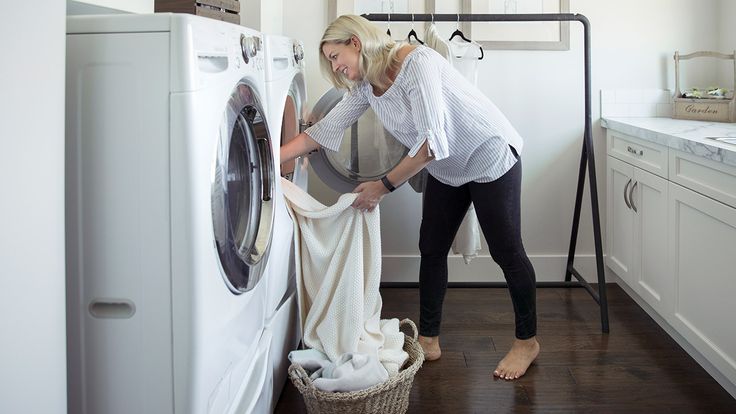
One of the best ways to be sustainable is to take a look at where you can reduce your energy consumption.
Throughout the year, running your tumble dryer makes up 6% of your home’s energy bill. So a sustainable hack for cutting your energy bill (and consumption) would be to ditch the tumble dryer or figure out ways to reduce the amount that you use your dryer. If your machine is clever enough, set it to a moisture sensor stop – where it will stop as soon as the clothes are dry, rather than continuing to run for a fixed time.
If the sun is shining, hang your clothes out on the washing line to dry. And if you don’t have the privilege of a garden, buy a clothes horse or drying rack to keep inside your home. Not only does this reduce energy, but it increases the lifespan of your clothes. That’s technically two ways to be sustainable in everyday life (improving the lifespan of clothes and reducing energy consumption) for the price of one. Plus – no chances of an accidental shrinkage!
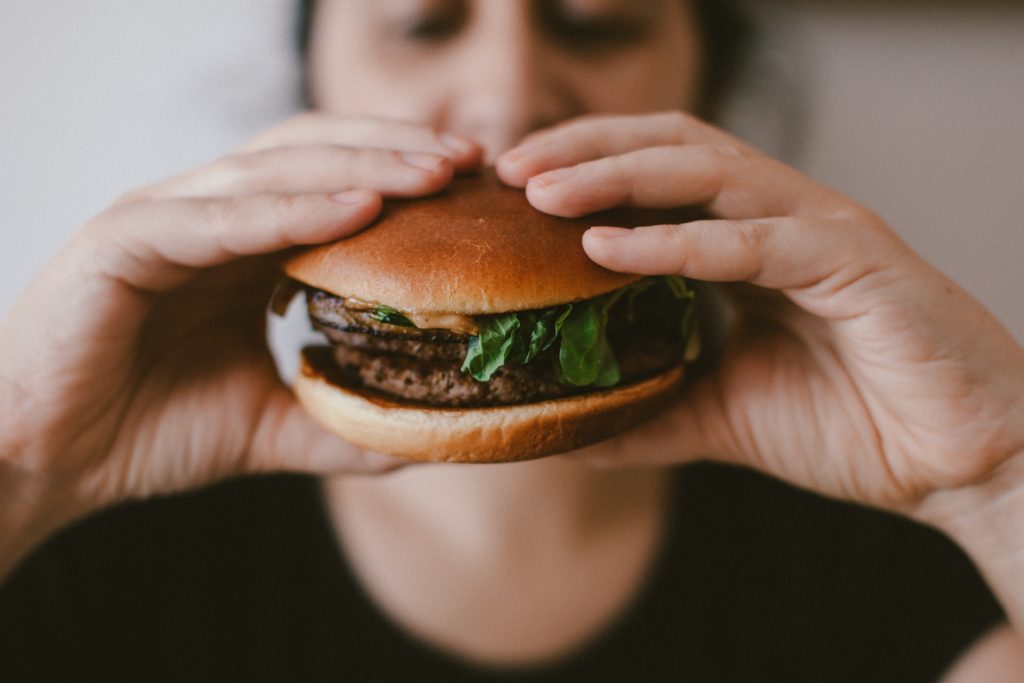
The United Nations estimates that 14% of all man-made greenhouse gases come from livestock. Beef and cattle farming are responsible for the most CO2 emissions, with pigs and buffalos trailing closely behind. The most recent IPCC report, released in April of 2022, mentions that a plant-based diet is a promising way for the planet to reduce its total greenhouse gas emissions. Plus, you don’t necessarily have to be a die-hard vegan to make your diet one of the ways to be sustainable in everyday life. Simply reducing the amount of red meat and dairy that you consume decreases the strain on cattle farming, lowering your carbon footprint one beef burger at a time…
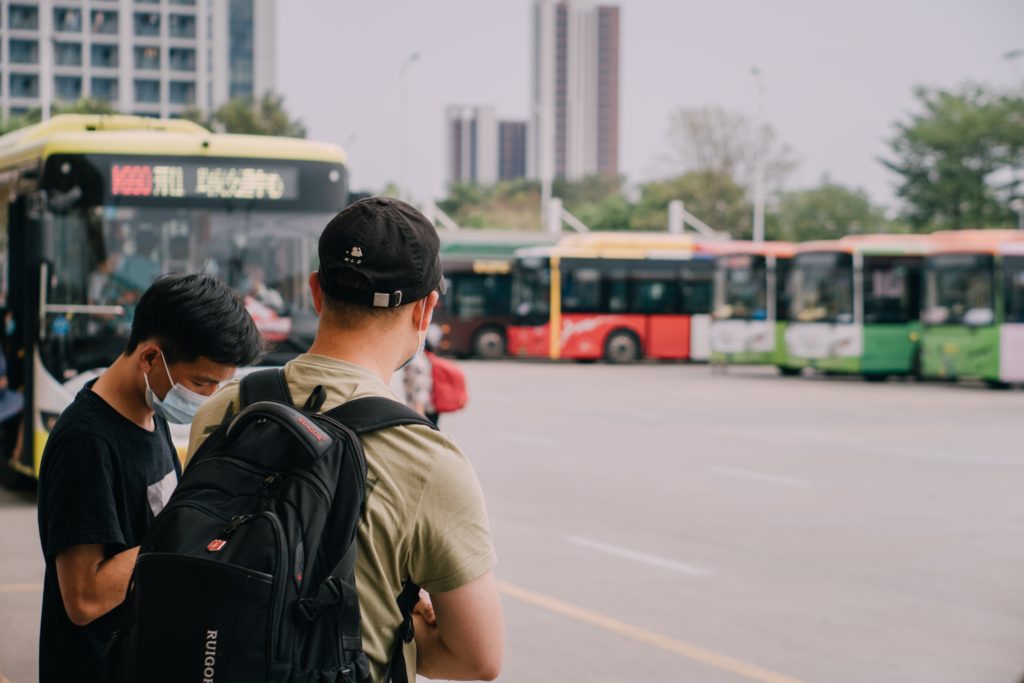
Transport accounts for one fifth of the world’s carbon emissions. One of the ways to be sustainable in everyday life is to, of course, cut down on commuting where possible. But cycling or walking isn’t necessarily an option for everyone, so the next best sustainable hack is to ditch the car (or private jet) and use the public transport available. Or if that’s too inconvenient – what about a car share? Catching a ride with a colleague rather than driving separately halves the emissions that you produce – and the costs of fuel.
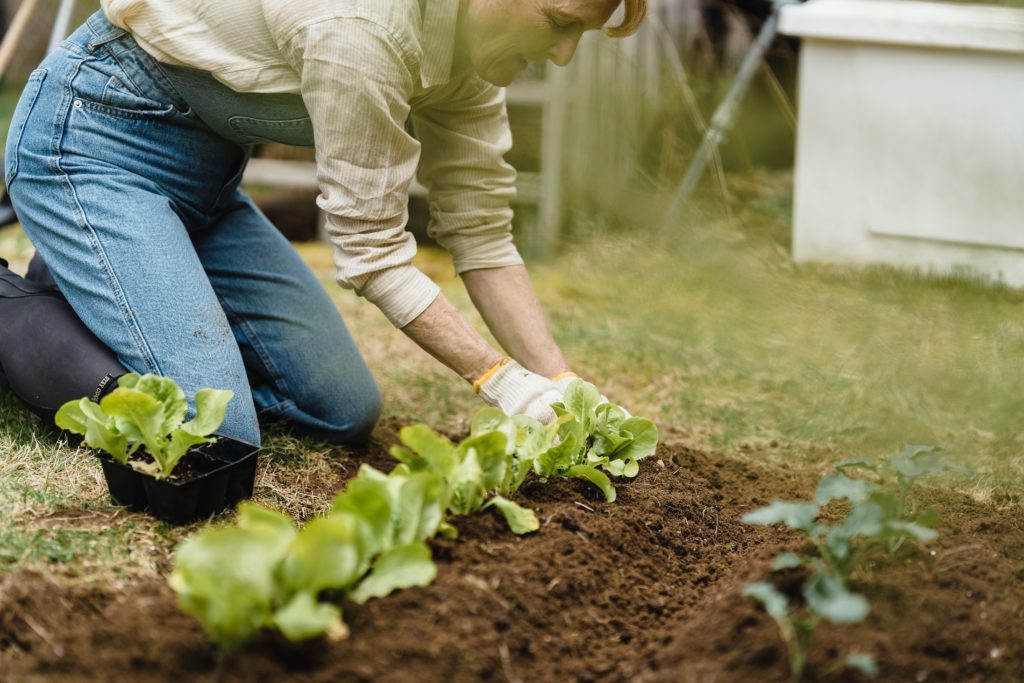
Growing some of your own food – whether it’s a garden, a greenhouse, or local allotment – is one of the best ways to be sustainable in everyday life. People can understand the carbon emissions for their own transport – but often forget that carbon emissions are also generated by the transportation of your food. It’s estimated that a little under 4% of our greenhouse gas emissions come from transporting food.
So – here comes the sustainable hack – cut the transport costs by growing your own, starting with a seed or a small plant. No yard or balcony? No problem! Many plants will grow inside. If you’re looking for an easy starter plant, consider a herb like basil, or something simple, like cress. Every little decision will get you thinking more about where your food comes from, and how you can be more local with your diet – and every seed sown is a step to a more sustainable lifestyle.
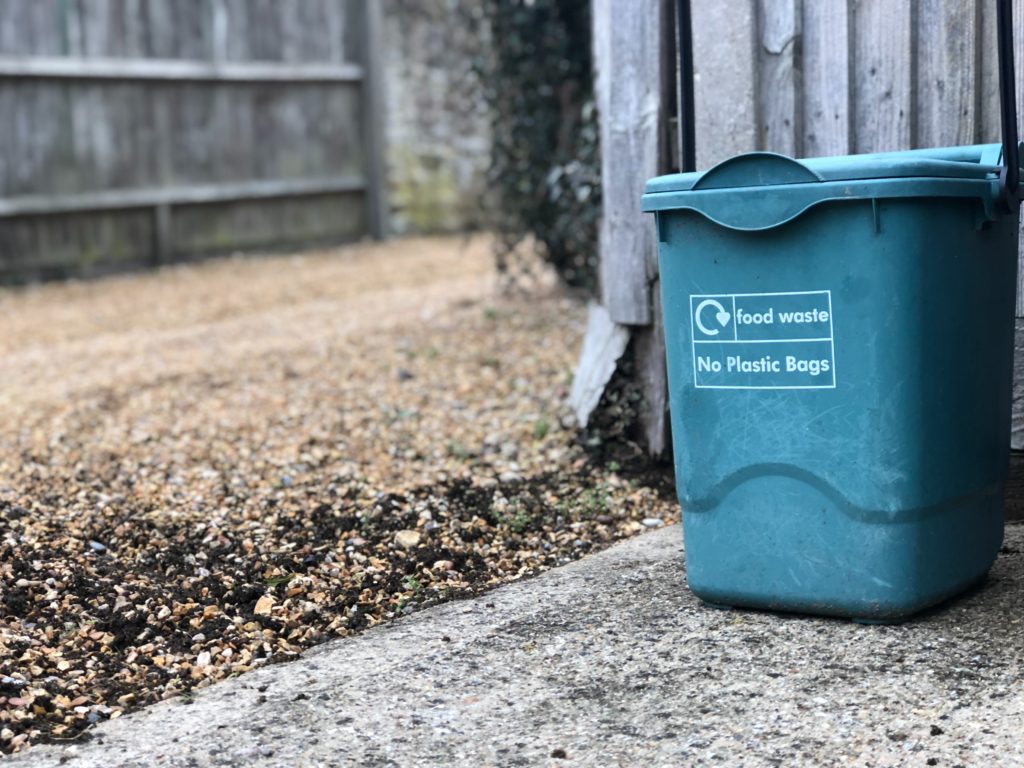
There are so many options when it comes to composting. For those with a back garden, consider one of the many different types of outdoor composters. If you live in a smaller apartment space that doesn’t include an outdoor area, check out a countertop composter like Lomi or Vitamix FoodCycler. Or, see if there’s a compost service in your area, which will help support green jobs and green job training in your community.
Investing in compost can make a big impact on your household’s carbon footprint, and composting is a unique way to address climate change. You’re not only diverting waste from landfills, but the compost that is created is put back into the earth and sequester carbon from the air. The nutrient-rich compost mixture also supports plant life.
So, figuring out a way to compost your organic materials is a win-win, and one of the easiest ways to be sustainable in everyday life!
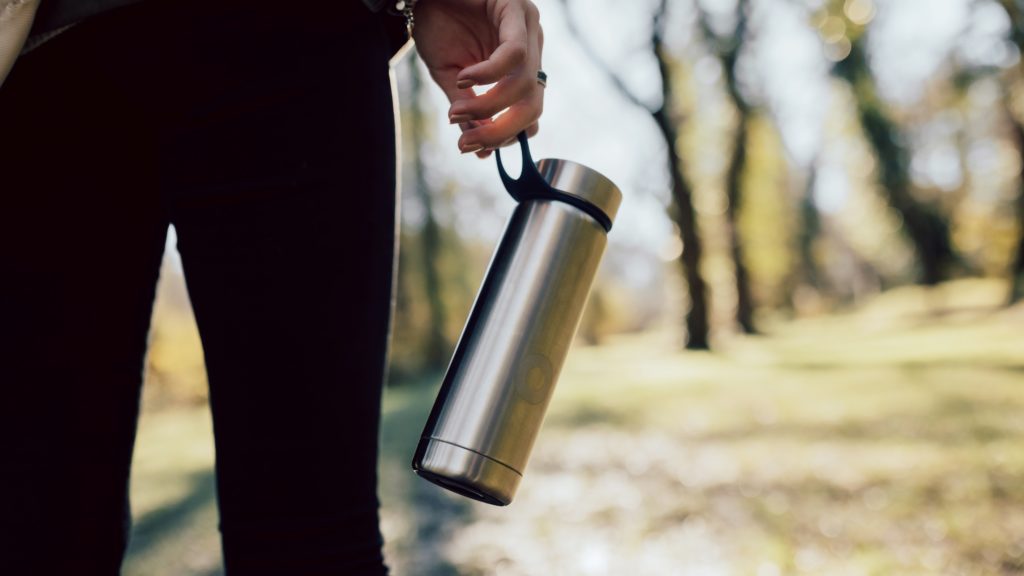
Have you reached the end of your q-tips? Or, maybe you’re using non-biodegradable face wipes? Perhaps you’re a coffee-lover, and can’t help but swing by your local cafe during your commute to work?
All three of the products we just mentioned have sustainable alternatives that last for multiple uses. While we do need radical climate action, purchasing one sustainable item each time you run out of your single-use backstock is a good opportunity to gradually make your house eco-friendly and adopt more ways to be sustainable in everyday life.
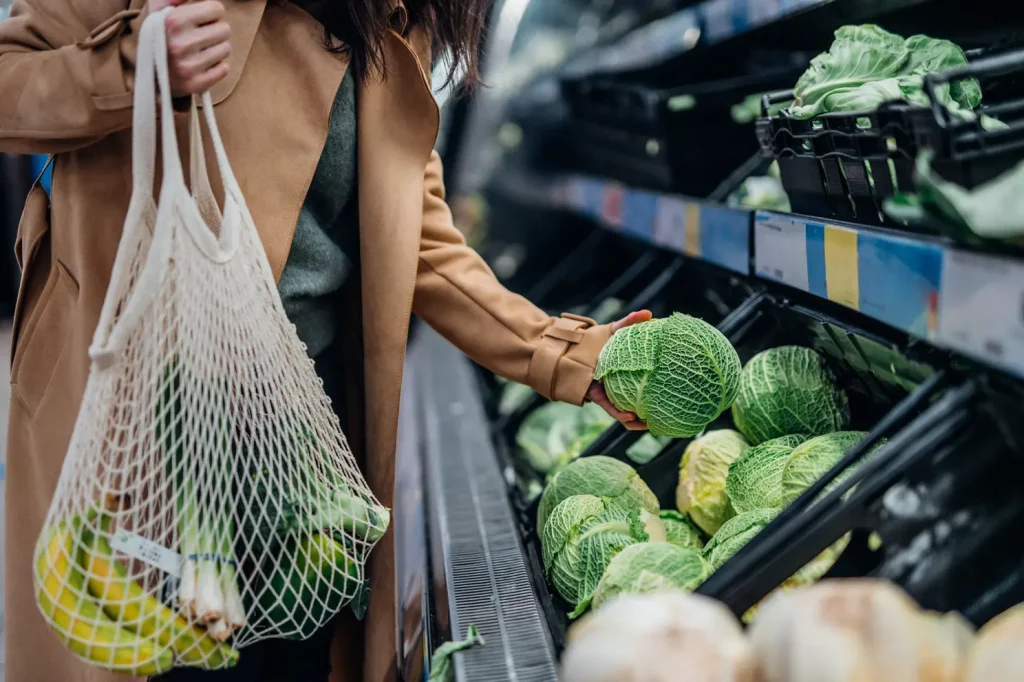
Before the government introduced a charge for plastic carrier bags in the UK, in 2014, over 7.6 billion single-use carrier bags were given to customers by major supermarkets in England. That’s approximately 140 bags per person, the equivalent of about 61,000 tonnes of plastic in total.
Since the introduction of the charge for plastic carrier bags, the number of bags used has gone down by more than 95% in England. A total of nearly £180m has also been raised for good causes from the revenue collected. Remembering your Bag for Life is one of the best ways to be sustainable in everyday life.
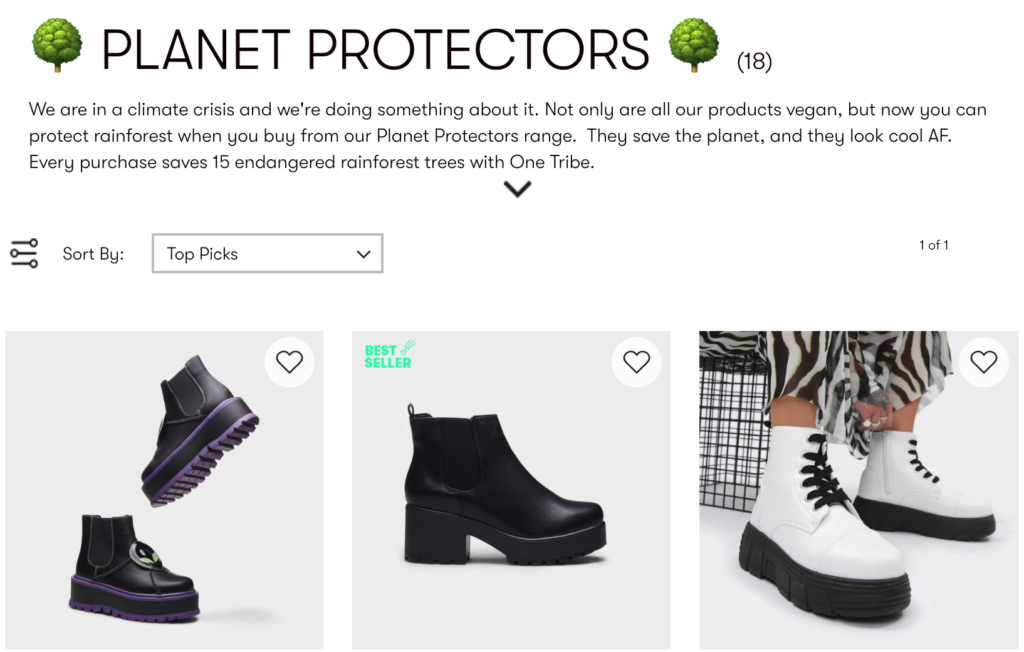
With all the sustainable hacks in the world – it is still going to take a unified effort for us to reduce the impacts of global warming. One of the ways to be sustainable in everyday life without planting seeds or changing your diet is to invest in the businesses that are making the changes for you. Every single one of One Tribe’s partners are making a conscious effort to capture carbon and stabilise the Earth’s atmosphere.
Whether it’s buying your coffee at Skull Crusher, or your shoes at Walk London, or your bed linen at My Panda Life, or your skincare at Mother Nature Organics… shopping with sustainable brands who are committed to projects like rainforest protection is a foolproof way to be sustainable in everyday life.
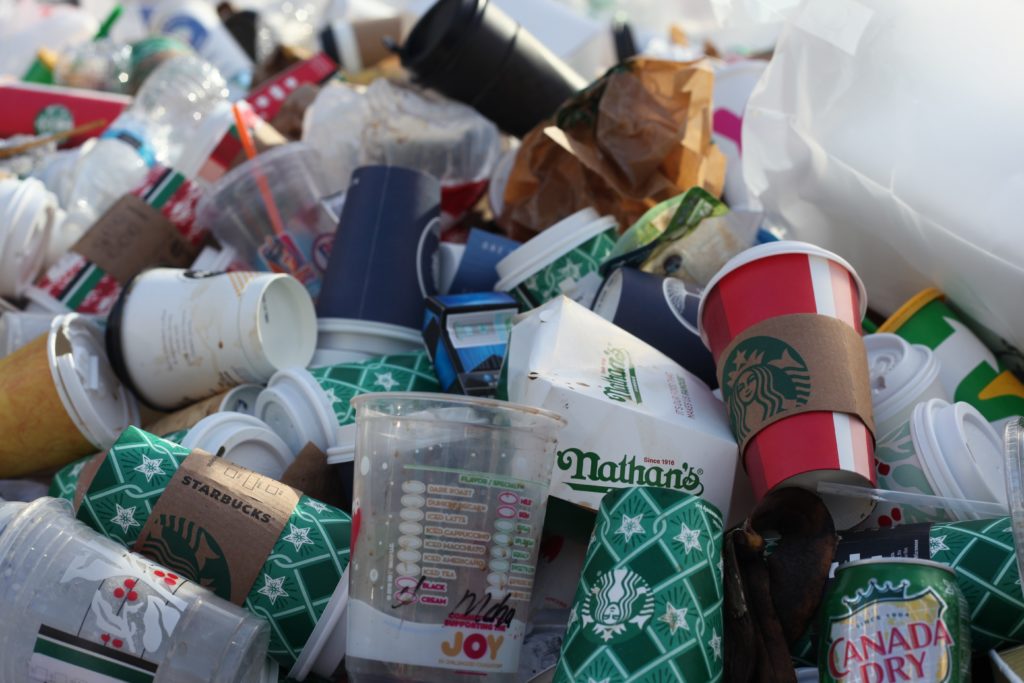
Two simple little worlds could radically change our planet: avoid plastic. Plastic is made out offinite materials like coal, natural gas, salt and crude oil through a polymerisation or polycondensation process. And, no matter what anyone tells you, it’s not very recyclable – only 9% of all plastic ends up being recycled into something new. At the end of its life, it breaks down into something called microplastic, which are tiny plastic particles. From human blood to whale stomachs to the top of Mount Everest, microplastics can pollute anything and everything. So, do everyone a favour and pick a can instead of a bottle, or invest in reusables that are not thrown away and break down. Being aware of single-use plastics, and how to avoid them, is a great way to be sustainable in everyday life.
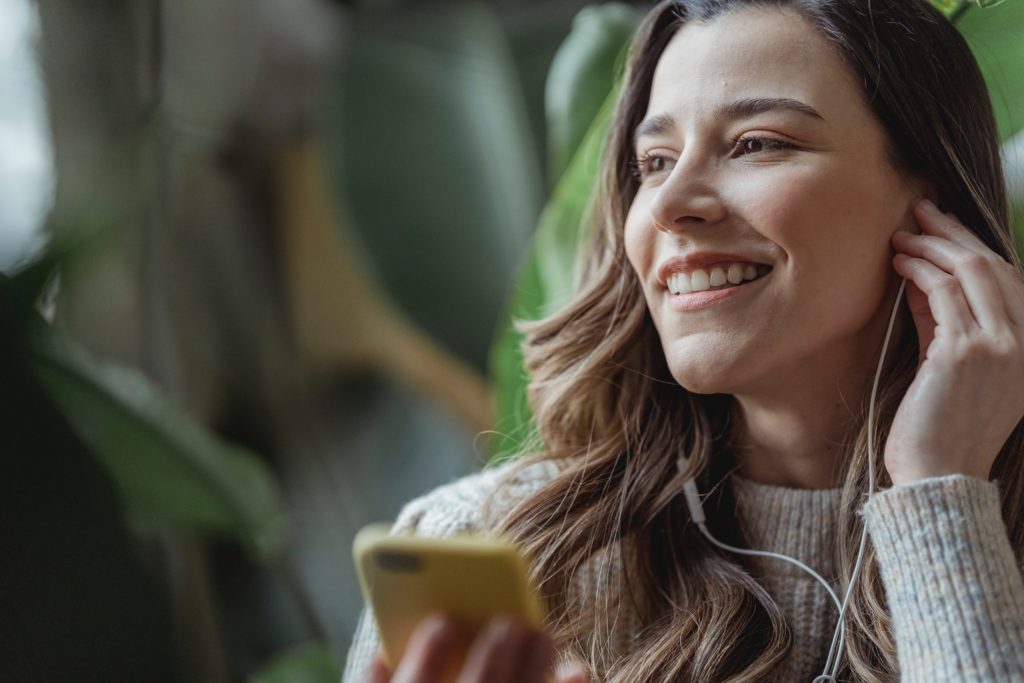
We know that making sustainable choices in your life can sometimes be impractical. Start small, and work your way up to the bigger changes. Along the way, be sure to seek out opportunities to learn more about sustainable practices, sustainable hacks, and ways to be sustainable in everyday life that you might not have even considered before.
To stay in the loop about everything sustainable and climate-conscious, follow accounts like One Tribe or Earthrise on social media, and make your socials a source of sustainable knowledge daily.
Living sustainably should be made a part of our everyday lives. By implementing more eco-conscious practices into our routines, we can start tackling the climate crisis.
One Tribe is a B-Corp certified business that helps brands reduce their carbon footprint and protect the environment. For more information on how you can live a sustainable lifestyle, visit our Blog Page for more articles.

2026 is set to be a defining year for the voluntary carbon
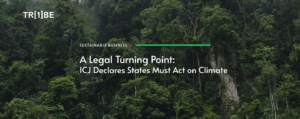

Addressing Scope 3 emissions — the indirect emissions that occur across a

On 23 July 2025, the International Court of Justice (ICJ) issued a
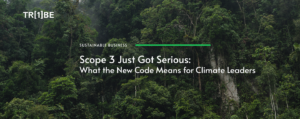
If you’ve been dodging Scope 3 emissions like a difficult Zoom call,
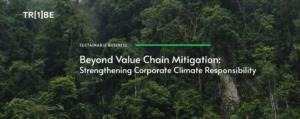
The Science Based Targets initiative (SBTi) has recently introduced a draft update
ways to be more sustainable, how can i reduce my carbon footprint, ways to be sustainable in everyday life, ways to be sustainable in day to day life, how can i make my home more sustainable, what can i do to start being sustainable, sustainable brands to work with, is eating meat bad for the planet, how to start eating less meat, how to grow your own food at home, how to start composting, tips for living sustainably, how to i make my living space greener, ideas for single use items
One Tribe is a Climate Action Platform enabling businesses and their customers to make a positive environmental impact.



Eric currently works as an independent consultant at the intersection of nature and climate, focused on catalysing market and non-market solutions to drive the just transition.
He previously was Head of Product at Earthshot Labs, supporting nature conservation and restoration projects across the global south secure project finance. Prior to Earthshot Labs, Eric led nature-based carbon project development for Gorongosa National Park in Mozambique and founded the Carbon Cooperative, a global alliance of leading nature conservation and restoration practitioners exploring carbon finance. After serving in the Peace Corps in Mozambique out of university, he spent much of his 20s working in community-based conservation and ecosystem restoration efforts in Sub-Saharan Africa interspersed with two startup ventures as co-founder and CEO of a mental health tech startup and COO of a sustainable coffee company. Eric has a dual Masters in Environmental Engineering and Environmental Policy from Stanford University where he was a NSF Graduate Research Fellow and a BS in Environmental Engineering from Tufts University.
Alan is a risk management thought-leader, superconnector, and FinTech pioneer. His mission is to enable an Earth Positive economy which includes nature in global accounting systems.
Alan is Founder of Generation Blue, a venture studio dedicated to planetary game changers powered by exponential technologies. Previously, Alan established Natural Capital Markets at Lykke AG, pioneering blockchain based forestry and carbon backed tokens. Alan has over two decades of risk management experience advising global financial institutions, and was a founding member of the RiskMetrics Group, a JPMorgan spin-off. Alan is an investor and advisor to regenerative impact ventures, including TreeBuddy.Earth, Regenativ, and Vlinder Climate.
Lori Whitecalf made history when she became the first woman to be elected Chief of Sweetgrass First Nation in 2011. She served three terms of office from 2011-2017.
Lori took a two-year hiatus from leadership to expand the family ranch and serve as the FSIN Senior Industry Liaison. She was re-elected on November 29. 2019 and again on November 30, 2021, as Chief of Sweetgrass. Chief Whitecalf practises a traditional lifestyle of hunting, fishing and gathering. She currently sits on the following boards: Saskatchewan Indian Institute of Technology, FSIN Lands and Resource Commission, Battle River Treaty 6 Health Centre and Battleford Agency Tribal Chiefs Executive Council, FSIN Women’s Commission.
Tina is the Chief Business Officer for MLTC Industrial Investments, the Economic Development arm of the Meadow Lake Tribal Council. She has a diverse background of experience. Having spent 15 years as a municipal Chief Operating Officer, 20 years involved in Saskatchewan’s Health Authority Board Keewatin Yatthe and 9 years with Northern Lights Board of Education.
She continues as a Board Member with Beaver River Community Futures supporting small business development in her home region. Tina brings a wealth of experience in a variety of fields and many connections to the Indigenous communities of Northern Saskatchewan. In addition Tina holds a BA Advanced from the U of S, a Certificate in Local Government Authority from the U of R and is certified as a Professional Economic Developer for Saskatchewan and a certified Technician Aboriginal Economic Developer (TAED).
Tootoosis’ career spans 40+ years in HRM, political leadership, and Indigenous economic development, as a dedicated bridge builder and advocate for Indigenous causes.
As a key member of the Saskatoon Regional Economic Development Authority (SREDA) team since 2021, he develops strategies for the Truth and Reconciliation Commission final report and Call to Action #92.
He is a graduate of the First Nations University of Canada and a certified Professional Aboriginal Economic Developer. Spearheading various community initiatives while serving as a Chair of the SIEDN while directing ILDII and WIBF. Founder of MGT Consulting Tootoosis is based in Saskatoon, Treaty Six Territory.
Cy Standing (Wakanya Najin in Dakota) has a long and distinguished career including serving overseas as an Electronics Technician in the Royal Canadian Air Force, former Chief of Wahpeton Dakota Nation, former Vice Chief of the Federation of Saskatchewan Indigenous Nations (FSIN), past Executive Director of Community Development Branch of the Department of Northern Saskatchewan as well as an Order in Council appointment to the Federal Parole Board.
Mr. Standing has served as a Director on many Profit and Non-Profit Corporate Boards, including serving as a Director for Affinity Credit Union with assets of over six billion dollars as well as IMI Brokerage and Wanuskewin and is currently a member of the One Tribe Indigenous Carbon Board.